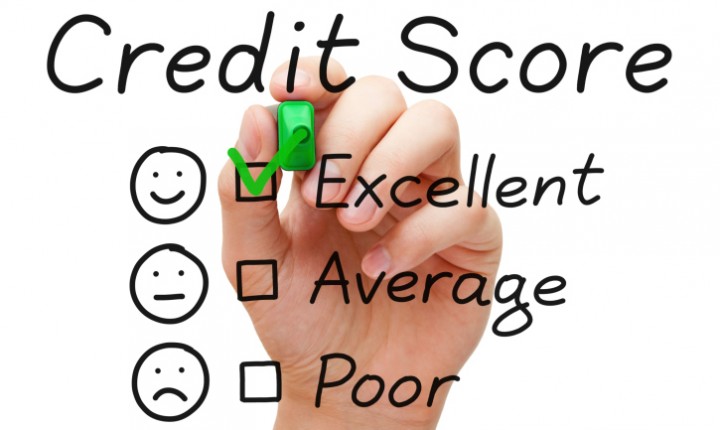Good financial literacy is essential to becoming a successful man—not only will it impress your lady and your peers, but it will also enable you to do so much more in life. It gives you security, freedom to travel, buy your dream car or home, invest, or support your favorite charity. Most importantly, it makes you a role model for your family and friends, creating a wave of financial literacy.
Your credit score and history not only dictate your financial options but also impact your lifestyle and choices. Understanding the mechanics of a credit score can maximize your potential and open doors, which in ignorance remain closed. This article equips you with the tools to work toward achieving a higher credit score and lower interest rates.
Credit Score Facts
- Your credit score is a calculated number that summarizes your financial reliability—the higher the better
- 90 percent of U.S. lenders use FICO (Fair Isaac Corporation) credit score ranging from 300-850
- 3 National credit bureaus – Equifax, Transunion, and Experian
- Your credit score is of interest to any lender, your potential employer, or landlord and insurance companies
- Your score can make the difference between getting and not getting a loan, job, insurance policy, or apartment
- A higher score will earn you a lower interest rate on loans and save you money
How your credit score is calculated
- Credit scores are made up from your payment history (35 percent), capacity (30 percent), length of credit (15 percent), accumulation of debt and the mix of credit (10 percent), and credit searches (10 percent)
- A higher available capacity is best, e.g., if your credit card limit is $1000 and you have a balance of $900 there is minimal capacity available; if your credit card is $10,000 and the balance is $900 the capacity is much higher
How to improve your score
- Correct errors on your credit report at www.annualcreditreport.com. Each person is allowed one free copy per year from each of the three credit bureaus
- Pay off or down credit cards
- Move revolving debt into an installment loan
- Make payments on time
- Think before opening new accounts
Actions to avoid
- Missing payments
- Maxing out credit cards
- Shopping for credit excessively
- Opening up numerous trade lines in a short period of time
- Having more revolving debts in relation to installment debts
- Closing out credit cards—this hurts capacity
- Borrowing from finance companies
Credit Score Range
- 850-720 Excellent – If you have 720 or above you are in the top bracket with lowest interest rates on loans
- 719-681 Good – You will be offered decent rates but will benefit by increasing your score to 720
- 680-641Fair – You will pay higher interest rates but still qualify for some loans
- 640-300 Bad – You will have difficulty getting anything other than a secured loan
Armoring up with this information can raise a “bad” credit score of 542 to an “excellent” one of 720. This translates to a saving of $11,138.69 on an auto loan of $25,000 over a 60-month period (hence the title of this article). This is just one example of how being financially savvy can benefit the modern gladiator. Check out future articles for more financial weapons for your modern day arsenal.
Related Posts
« Sammy Hagar’s PMS Cocktail—It ROCKS! Seasonal Grooming Tips From Frank’s Barber Shop »










